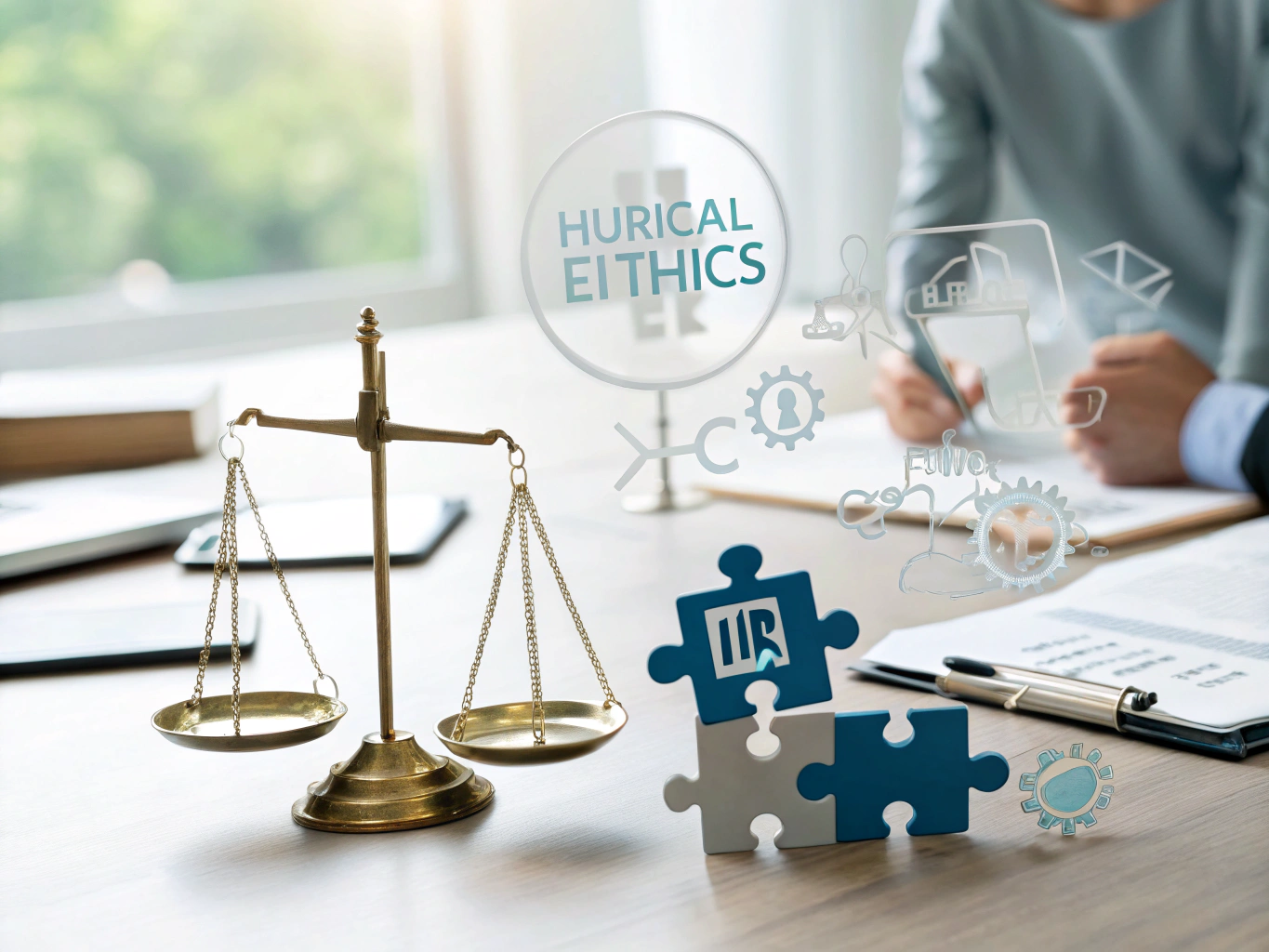Definition
Due diligence is the process of thoroughly investigating and analyzing information before making important decisions in human resources. Think of it as your safety net—it helps you ensure that every choice, from hiring a new employee to entering a merger, is backed by solid information and minimizes potential risks.
Key Components
To get a handle on due diligence, it’s essential to break it down into its key elements. Each component plays a vital role in helping you make informed decisions and maintain compliance.
- Legal and Regulatory Compliance: This involves checking that your organization adheres to all relevant employment laws and regulations. For example, if you’re hiring, you want to ensure you’re compliant with equal opportunity laws to avoid potential lawsuits or fines.
- Financial and Operational Analysis: Here, you’ll assess the financial implications of your HR decisions. If you’re considering a new benefits package, for instance, you’ll want to evaluate its costs against your organization’s budget and overall financial health.
- Background Checks and References: A critical step in the hiring process, this means verifying candidates’ education, work history, and any other claims they make. This not only helps confirm their qualifications but also protects your organization from hiring someone who may pose a risk.
- Documentation Review: This involves examining contracts, policies, and procedures to ensure everything is in order. For instance, reviewing employee handbooks can help you identify any outdated policies that need revision before they lead to compliance issues.
- Risk Assessment: This component is about identifying potential pitfalls, whether in a hiring decision or during a merger. Are there any red flags in a candidate’s background? Could merging with another company create conflicts in corporate culture? Addressing these concerns upfront can save you headaches later on.
Importance in the Workplace
Understanding due diligence is crucial for maintaining a healthy workplace environment. Imagine you’re merging with another company; conducting due diligence can help you uncover compatibility issues between HR practices. If you skip this step, you might face integration problems down the line, leading to employee dissatisfaction or even legal disputes.
Moreover, when hiring, due diligence helps you choose candidates who not only fit the role but also align with your company culture. This leads to lower turnover rates and a more cohesive work environment. Remember, your organization’s reputation is on the line, and due diligence is your best ally in protecting it!
Best Practices
Now that you understand what due diligence entails, here are some best practices to implement in your HR processes:
- Establish a Standard Procedure: Create a checklist for conducting background checks and reference verifications. Standardizing this process ensures that no critical steps are overlooked, making your hiring decisions more reliable.
- Regular Compliance Training: Keep your HR team updated on the latest labor laws and regulations. Regular training ensures your team knows what to look for during due diligence, reducing the risk of non-compliance.
- Utilize Technology: Leverage HR software to streamline your due diligence processes, from background checks to compliance audits. Automating these tasks can save time and reduce errors.
- Engage with Legal Advisors: Whenever you’re unsure about the legal implications of a decision, consult with legal experts. This can be particularly important during mergers or when implementing new policies, helping you avoid costly legal pitfalls.
- Document Everything: Keep detailed records of your due diligence processes. This not only helps with compliance but also provides you with a reference in case any issues arise in the future.
Legal Considerations
When it comes to due diligence, staying on the right side of the law is imperative. Ensure that your background checks comply with the Fair Credit Reporting Act (FCRA) if you’re in the U.S. This law gives candidates the right to know when background checks are being conducted and allows them to dispute any inaccuracies.
Additionally, be aware of data protection regulations, like the General Data Protection Regulation (GDPR) in Europe, which emphasizes securing personal data during the due diligence process. Failing to adhere to these laws can lead to hefty fines and damage your organization’s reputation.
Conclusion
In summary, mastering due diligence is essential for any HR professional looking to make informed, compliant, and strategic decisions. By understanding its components, implementing best practices, and adhering to legal standards, you can significantly reduce risks and enhance the effectiveness of your HR operations. Remember, due diligence isn’t just a checkbox—it’s a proactive strategy that can protect your organization and foster a thriving workplace!




